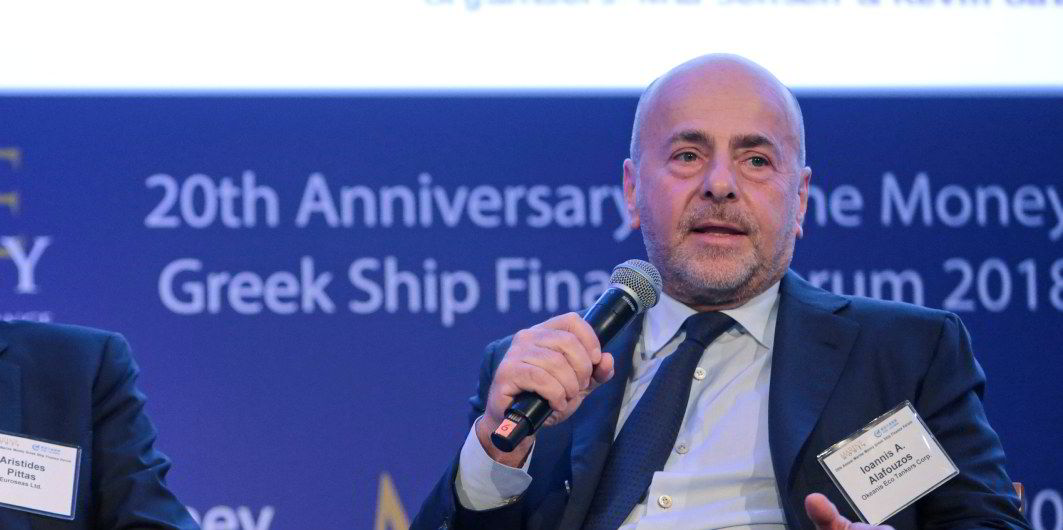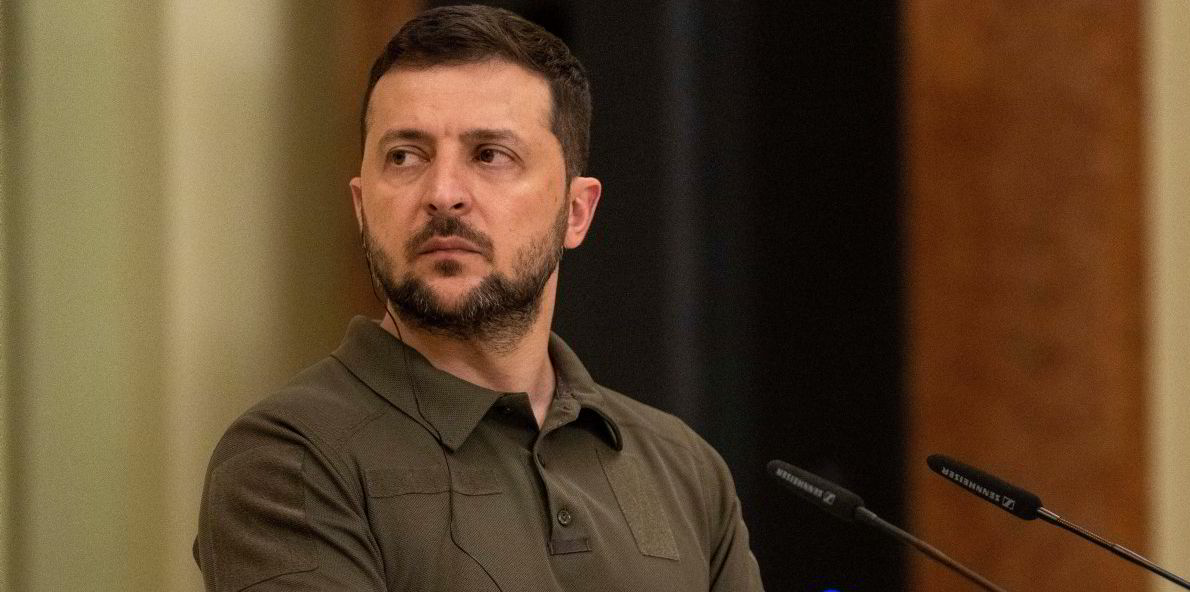Okeanis Eco Tankers is back in the black after what it calls “the worst year ever recorded in tankers”.
“[The company] is returning to free cash flow generation in 2022, continues to commercially outperform its peers and is uniquely positioned to take advantage of the upcycle,” the Alafouzos family-controlled VLCC and suezmax owner told investors.
Chief executive Ioannis Alafouzos said the company is looking at “the best medium-term supply fundamentals for our segment in more than a decade”.
On top of tight tonnage, that supply situation is expected to benefit from the failure of more than 30% of the fleet of large crude carriers to comply with emissions regulations and therefore to be forced to slow steam.
The result for owners of modern compliant tonnage will be a competitive advantage for ships able to trade at optimum speed, he said.
Okeanis bills itself as “the only publicly listed platform with pure eco, scrubber-fitted tankers”.
Alafouzos told investors in a call announcing the results that the Oslo-listed company is continuing to explore a joint listing in New York.
He also blasted the criticism of tanker owners for trading non-sanctioned Russian cargoes.
All the Western oil majors transport and buy crude from Russia today, he noted in response to an online query on the topic.
“So I cannot understand why you have this hypocrisy about not going to Russia, when the whole world needs and transports Russian crude,” he said.
The company’s policy has changed as the situation has developed, and so has that of the industry as a whole.
‘We were very emotional’
“When the war started, we took a decision not to go to Russia because, like everybody else, we were very emotional and we felt very distressed with what was going on,” he told investors and analysts.
“But as time progressed, we realised that, first of all, a lot of our competitors and all the majors were lifting oil from Russia.
“But secondly, we saw that the European Union was encouraging, even, this process. In fact, recently they have made insuring ships in Europe, European ships going to Russia, a little bit easier.
“Yes. That’s my position,” he said. “We would certainly not go anywhere there is a sanctioned cargo, full stop.”
He expanded on his comments in a message to TradeWinds.
“The world’s energy balance is very tight and Europe has been unable to disengage from Russian crude and products, which is evidenced by the latest relaxation of the EU sanctions regime,” he wrote.
“According to the latest Bloomberg Opinion published today (‘A Storm Brews in Heating Oil’ by Javier Blas), Russian diesel exports to Europe are at pre-war level in June and July.
“Incidentally, Europe is also now buying diesel from non-EU countries at elevated prices, mainly from India, where feedstocks for such barrels come from Russian crude which is sold at a discount to market, thus [exacerbating] the European energy crisis and further decreasing the EU’s competitiveness.”
Capturing the spikes
Meanwhile, the company has benefited from changes in global trading patterns, in part as an effect of the Russian invasion of Ukraine.
Chief operating officer Aristidis Alafouzos said Okeanis was well positioned in mid-second quarter when suezmax rates spiked and 75% of its suezmaxes were available for spot charters.
For the third quarter, however, 60% of Okeanis’s VLCC days have charter cover at an average $31,900 per day and 70% of the suezmax days at $60,400 per day.
Okeanis is particularly pleased with the development of round-trip VLCC trading within the Atlantic from West Africa and the US Gulf.
“[These voyages] are short and the vessels remain in the west. This gives us optionality to capture spikes in the market more effectively with our smaller fleet when compared to our larger competitors,” he said.
Okeanis Eco Tankers made a bottom-line profit of $7.9m for the second quarter on time charter equivalent (TCE) revenue of $36m. That reverses a loss of $8.1m on $34.5m in TCE revenue in the corresponding three months last year.
Okeanis also reported an adjusted bottom-line figure, with allowances made for unrealised gains on derivatives, impairment and loss on disposal of vessels, and foreign currency effects. On that basis, its adjusted profit in the second quarter was $8.5m, up from $3.5m in the corresponding quarter of 2021, when it sold five ships to Frontline and Torm.
For the first half, Okeanis turned in a bottom-line profit of $17.2m on $62.5m in TCE revenue, reversing 2021’s first-half loss of $737,400 on TCE revenue of $74.1m.
It has a fleet of eight VLCCs and six suezmaxes, including directly owned vessels and ships leased from Ocean Yield (four) and CMB Financial Leasing (two). Some 57% of shares are in the hands of the Alafouzos family, with technical management by the family’s private Kyklades Maritime.




